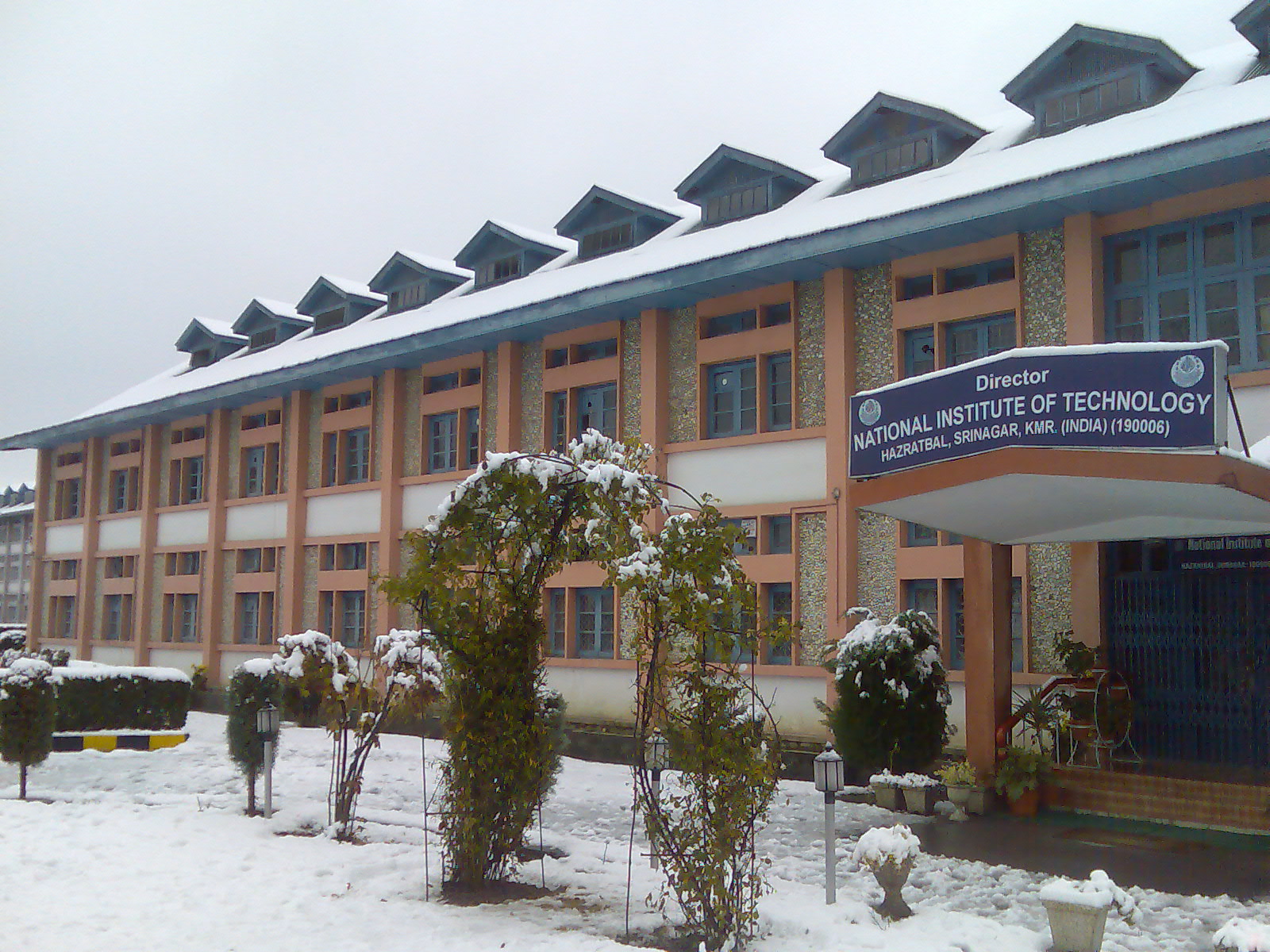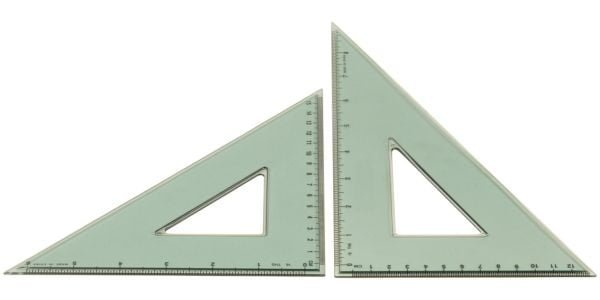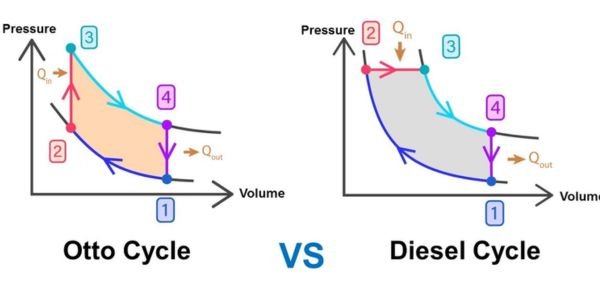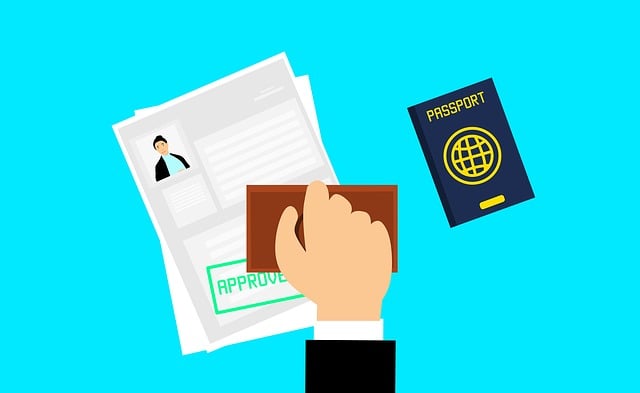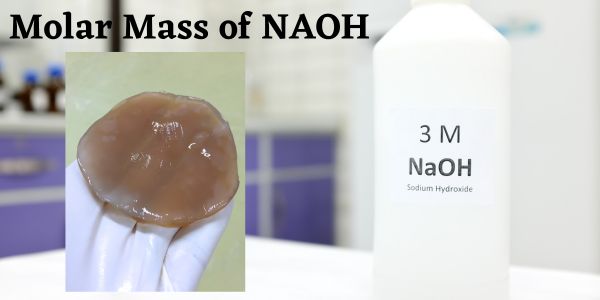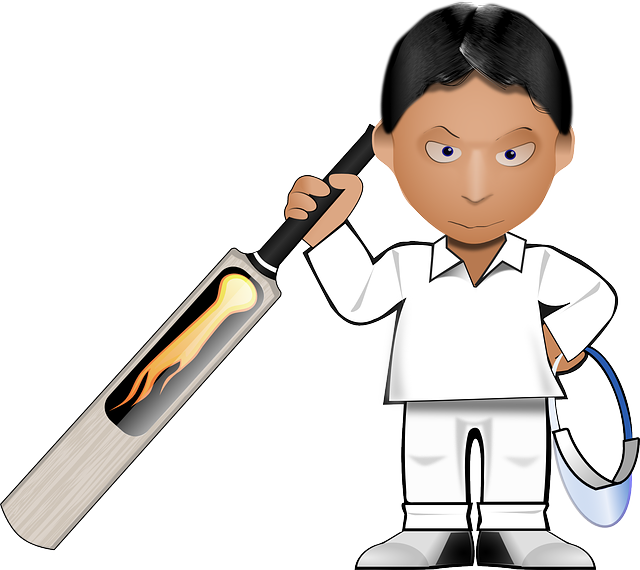Table of Contents
UPSC Syllabus 2024:
UPSC Syllabus: The Union Public Service Commission (UPSC) is an autonomous body responsible for conducting recruitment examinations to recruit personnel into the All India Services and Central Services.
It is a permanent body established on October 1, 1926, under the Government of India Act, of 1935, and is headquartered in the Indian capital of New Delhi. The UPSC is headed by a Chairman and consists of a maximum of ten members.
The primary objective of the UPSC is to select individuals for the civil services of the Union based on their qualifications and merits. This is done through a process of examinations and interviews. The UPSC also provides advice to the Government of India on various matters of public service.
The UPSC is also responsible for conducting All India Services Examinations and Combined Defence Services Examinations. It also conducts other examinations such as the Engineering Services Examinations, Indian Economic Services Examinations, Indian Statistical Services Examinations, and Indian Forest Services Examinations.
Download UPSC 2024 Syllabus in PDF
The UPSC also conducts the Civil Services Aptitude Test (CSAT), the entrance examination for recruitment into the Indian Administrative Services (IAS). The CSAT is conducted in two stages, the Preliminary Examination and the Main Examination.
The UPSC also conducts the National Defence Academy (NDA) and Naval Academy Examination (NAE) for recruitment into the Indian Armed Forces. The UPSC also plays a major role in making important civil and government service decisions. It also has the power to review the decisions of the government on matters related to civil services. The UPSC also provides advice on matters related to public service and policy-making.
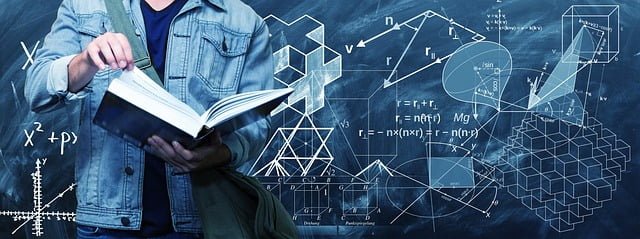
The schemes and subjects in UPSC civil services exam:
The UPSC Civil Services Exam (CSE) is a highly competitive examination conducted by the Union Public Service Commission (UPSC) in India. It is conducted annually to select candidates for the Indian Administrative Service (IAS), Indian Police Service (IPS), Indian Foreign Service (IFS), and other Central Services.
The UPSC CSE consists of three stages: Preliminary Examination, Main Examination, and Personality Test. The Preliminary Examination consists of two papers – Paper I (General Studies) and Paper II (CSAT – Civil Services Aptitude Test).
General Studies Paper I is divided into two parts – Part A (objective-type questions) and Part B (subjective-type questions). The objective questions are based on current affairs, history, geography, economics, and general science.
The subjective questions are based on essay writing, comprehension, grammar, and precis writing. The Main Examination consists of nine papers.
The papers are divided into two groups – Group A, and Group B. Group A consists of four papers – Paper I (Essay), Paper II (General Studies I), Paper III (General Studies II), and Paper IV (Optional Subject). Group B consists of five papers – Paper V (General Studies III), Paper VI (General Studies IV), Paper VII (Optional Subject I), Paper VIII (Optional Subject II), and Paper IX (Optional Subject III).
The Essay paper comprises topics on social, economic, and political issues. The General Studies papers are based on current affairs, history, geography, economics, and science.
The Optional Subjects are chosen by the candidate at the time of application. The Personality Test is the final stage of the examination. It is conducted to assess the candidate’s abilities, aptitude, and personality traits.
The interview is conducted by a panel of senior civil service officers. In addition to the above stages, the UPSC also conducts a Personality Test for candidates who have qualified for the Preliminary and Main Examinations.
The Personality Test is conducted to assess the mental, moral, and psychological qualities of the candidate. The interview is conducted by a panel of senior civil service officers. The UPSC Civil Services Examination is considered one of the toughest examinations in the world.
The success rate of the exam is very low, and the competition is tough. To succeed in the UPSC CSE, the candidate must have a thorough knowledge of the various subjects included in the syllabus and a good understanding of the exam pattern.
The IAS syllabus for pre-limbs:
The IAS syllabus for Prelims is divided into two papers: General Studies and Civil Services Aptitude Test (CSAT).
General Studies paper: This paper consists of questions from different topics like Indian History, Indian and World Geography, Indian Polity and Governance, Indian Economy, Environmental Ecology, Biodiversity, and Climate Change, Current Events of National and International Importance, General Science, General Issues on Social Relevance, etc.
Civil Services Aptitude Test (CSAT): This paper consists of questions on the topics like Comprehension, Interpersonal Skills, Logical Reasoning, Analytical Ability, Decision Making and Problem-Solving, Basic Numeracy, English Language Comprehension Skills, Data Interpretation, etc.
The IAS syllabus for Prelims is designed to test a candidate’s ability to deal with a variety of subjects and topics. It is important to note that the marks obtained in the Prelims are not used for the final selection. However, it forms the basis of the Mains exam; thus, the candidate must score well in the Prelims to be eligible for the Mains exam.
The IAS syllabus for mains:
The IAS Mains Syllabus consists of nine papers. These papers are:
1. Essay: This paper is a compulsory paper that is to be written in English. The paper is 250 marks and is to be written on a given topic. The essay paper tests the candidate’s ability to express his/her views on a given topic.
2. General Studies I: This paper is of 250 marks and is to be written in either English or Hindi. It consists of various topics such as Indian history, Indian culture, Indian geography, Indian polity, and Indian economy.
3. General Studies II: This paper is of 250 marks and is to be written in either English or Hindi. It consists of various topics such as Indian history, Indian culture, Indian geography, Indian polity, and Indian economy.
4. General Studies III: This paper is of 250 marks and is to be written in either English or Hindi. It consists of various topics such as Indian history, Indian culture, Indian geography, Indian polity, and Indian economy.
5. General Studies IV: This paper is of 250 marks and is to be written in either English or Hindi. It consists of various topics such as Indian history, Indian culture, Indian geography, Indian polity, and Indian economy.
6. Optional Subject I: There are two optional papers of 250 marks each and are to be written in either English or Hindi. The candidate needs to choose one from the list of optional subjects. The optional paper tests the candidate’s knowledge of the particular subject.
7. Optional Subject II: This paper is of 250 marks and is to be written in either English or Hindi. The candidate needs to choose one from the list of optional subjects. The optional paper tests the candidate’s knowledge of the particular subject.
8. Optional Subject III: This paper is of 250 marks and is to be written in either English or Hindi. The candidate needs to choose one from the list of optional subjects. The optional paper tests the candidate’s knowledge of the particular subject.
9. Viva-Voce: This is an oral examination which is to assess the candidate’s suitability for the post. The viva-voce is conducted by a panel of examiners.
These papers are to be written in fifteen days. The candidate needs to clear all the papers in order to qualify for the IAS Mains examination. The marks scored in the IAS Mains examination are considered for the final selection.
The syllabus for UPSC is optional:
It is largely determined by the subject chosen by the candidate. Each optional subject has a different set of syllabus topics. Generally, the syllabus for UPSC optional covers the following topics:
1. History: This covers the study of major historical events, personalities, and trends. It also covers famous works of literature, culture, and art.
2. Political Science: This covers the study of political systems, ideologies, institutions, and processes. It also covers international relations, law, and public administration.
3. Economics: This covers the study of economic theories, concepts, and models. It also covers public finance, government policies, and their effects on the economy.
4. Geography: This covers the study of physical and human geography. It also covers regional development, environmental issues, and the interrelationships between people and the environment.
5. Sociology: This covers the study of social institutions, social processes, and social relationships. It also covers social stratification, social change, and the impact of technology on society.
6. Psychology: This covers the study of human behavior, cognition, and emotion. It also covers the impact of culture, environment, and other factors on behavior.
7. Anthropology: This covers the study of human evolution, cultures, and societies. It also covers the impact of culture on language, gender, and other issues.
8. Philosophy: This covers the study of the nature of reality and knowledge. It also covers ethics, metaphysics, and the major philosophical schools of thought.
9. Literature: This covers the study of major works of literature from different periods of time. It also covers the impact of literature on culture and society.
10. Public Administration: This covers the study of organizational structure, decision-making, and public policy. It also covers the impact of governance on society.
The syllabus for the UPSC interview, if any:
The UPSC interview is the last stage of the Civil Services Examination (CSE). It is also known as the Personality Test.
During the interview, the candidate’s mental alertness, communication skills, knowledge of current affairs, and capacity to take quick decisions are assessed. The UPSC interview syllabus broadly consists of the following topics:
• Candidate’s background: This includes educational qualifications, work experience, family background, areas of interest, hobbies, etc.
• Current affairs: Questions on national and international events, developments, etc.
• Policies and initiatives: Questions on government policies, recent initiatives, etc.
• Social issues: Questions on social issues such as gender equality, poverty, education, health, etc.
• Indian history, economics, and geography: Questions on the Indian economy, history, geography, etc.
• General Awareness: Questions on general topics such as culture, sports, books, music, etc.
• Reasoning and analytical abilities: Questions on logical reasoning, problem-solving, decision-making, etc.
The UPSC interview is held in English, and the candidate may be asked to explain or elaborate on any of the topics mentioned above. The interviewer may also ask questions related to the candidate’s home state or district and the candidate’s views on the same.
The interviewer may also ask the candidate to make presentations on any of the topics mentioned above. The questions asked during the interview will be based on the candidate’s background and the topics mentioned above.
The IAS exam eligibility criteria:
The eligibility criteria for the Indian Administrative Service (IAS) exam are quite stringent, and one must meet certain requirements in order to be eligible to take the exam.
Age Limit: A candidate must be between the ages of 21 and 32 years old on the 1st of August of the year of the exam.
Educational Qualification: The candidate must have passed a Bachelor’s degree from a recognized university. The qualifying marks for the exam are generally 50%.
Nationality: The candidate must be a citizen of India, Nepal, or Bhutan.
Number of Attempts: A candidate is allowed to take the IAS exam a maximum of six times. Candidates belonging to the Scheduled Caste and Scheduled Tribe can take the exam up to nine times.
Character: The candidate must possess good moral character and must not have any criminal record.
Medical Fitness: The candidate must be medically fit and must submit a medical certificate at the time of the exam.
These are the basic eligibility criteria for the IAS exam. Applicants must meet these criteria in order to be eligible to take the exam.
Final words and greetings:
To all the UPSC exam-appearing candidates, I send you my heartiest best wishes for your upcoming UPSC Exam. I understand the magnitude of the task that is ahead of you and the amount of hard work and dedication that you have put into preparing for this exam.
I hope that you have the confidence and determination to work hard and give your best shot in the exam. I am sure that with your hard work and dedication, you will be able to achieve success.
I wish that your hard work and dedication will be rewarded and you will be able to get through the exam with flying colors. I am sure that you will be able to conquer any obstacle that you may face during the exam.
I know that you have worked hard and put in your best effort to prepare for this exam, and I wish you all the very best for it. I wish you the best of luck and may you achieve success in the upcoming UPSC Exam. May you get all the success that you deserve and may you be able to reach your goals. All the best!
FAQ’S
Which are the major exams conducted by UPSC?
The major exams conducted by UPSC include the Civil Services Examination (CSE), Indian Forest Service Examination (IFoS), Combined Defense Services Examination (CDS), National Defense Academy Examination (NDA), and many more.
Who is eligible to appear for the UPSC exams?
Eligibility criteria vary for different exams, but generally, candidates must be Indian citizens aged between 21 and 32 years (age relaxations apply for certain categories). They should hold a bachelor’s degree from a recognized university or institution.
How many stages are there in the UPSC Civil Services Examination?
The Civil Services Examination consists of three stages: the Preliminary Examination (objective type), the Main Examination (written), and the Personality Test (interview).
What is the syllabus for UPSC exams?
The syllabus for UPSC exams covers a wide range of subjects, including General Studies (GS), which includes topics like History, Geography, Polity, Economy, Science, and Current Affairs. Additionally, there are optional subjects for the Main Examination, such as Literature, Mathematics, Anthropology, etc.
Is there any reservation for the UPSC exams?
Yes, UPSC provides reservations for candidates belonging to Scheduled Castes (SC), Scheduled Tribes (ST), Other Backward Classes (OBC), Economically Weaker Sections (EWS), and Persons with Benchmark Disabilities (PwBD).
How many attempts are allowed for UPSC exams?
General category candidates can attempt the Civil Services Examination a maximum of six times, while the limit is nine attempts for OBC candidates. There are no restrictions on the number of attempts for SC/ST candidates.
Is there a negative marking in UPSC exams?
Yes, there is a negative marking system in the Preliminary Examination. One-third (0.33) of the marks allotted to a question is deducted for each incorrect answer. There is no negative marking in the Main Examination.
What is the age relaxation for UPSC exams?
The age relaxation for UPSC exams varies for different categories. For example, SC/ST candidates have a relaxation of up to 5 years, OBC candidates have a relaxation of up to 3 years, and certain other categories may also have specific relaxations.
Also, Read BBA full form




